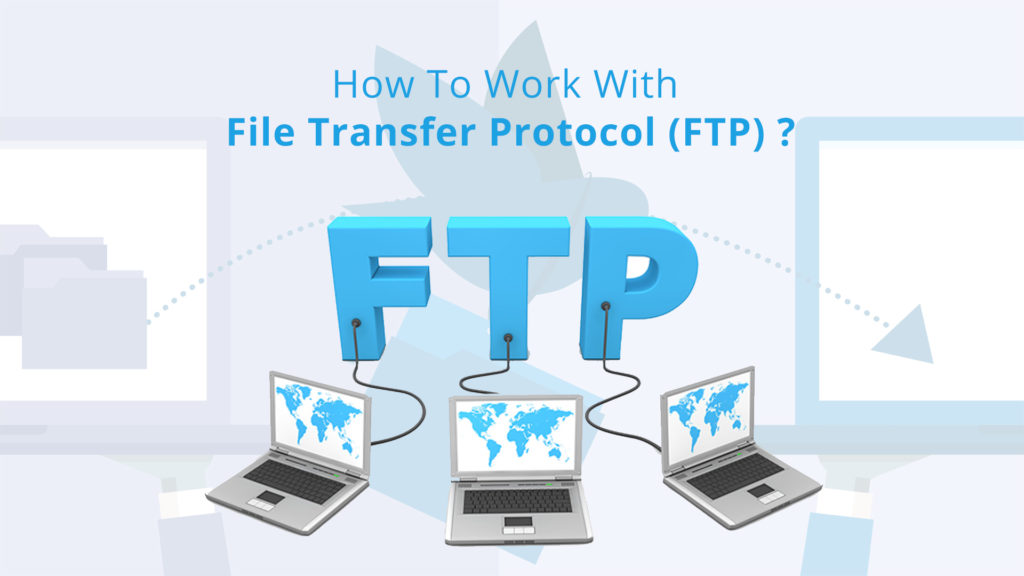Since the era of the internet brought almost all businesses under its wings, making most trade-related activities undoable without using the internet, the significance of cybersecurity for most companies and involvement in its improvement is still skyrocketing.
And it will remain the same way for years to come. That’s why the vast number of solutions that are already provided for this cause is going to increase even more.
Proxies are a prominent option among such solutions. Their popularity is rising along with the general need for cybersecurity. However, there are multiple types of proxies, and their usefulness might vary depending on the task.
Dedicated data center proxies are the type we are going to discuss today and compare their advantages regarding different types.
Table of Contents
What challenges do bring the need for proxies?
The need for proxies stems from the fact that every internet user has an IP address that is carrying the personal information of that user. An IP address is used to connect and communicate between different devices. It also helps to differentiate separate devices and keep the networking in order. However, it also brings certain risks when you don’t want to be identified.
Your IP address is like the ID card in a corporation. You are carrying it hanging on your neck, and you use it as a key to open different doors. Everywhere you go, anyone can see what is displayed on it. And every time you go through any door, it’s marked that you did that.
An IP address gives away your hostname, Internet Service Provider (ISP), and location of the router provided by your ISP. You can’t stay anonymous with it.
So, for example, if you are harvesting data or spying on your competitors, you are easily identified through your IP address. That will eventually result in a block. Or you can be banned from accessing geo-restricted content if your identified location matches the restricted location criteria.
Proxies are meant to solve these issues.
How do proxies work?
Your ISP gives a network to which you connect, and every request that you send to any server is routed through that network by the ISP. They take your requests and bring them to their target, and then return responses. That’s why anybody can see where the request comes from. An ISP assigns you an IP address from which you send those requests.
Proxy is an intermediary server that works instead of your ISP. When you send a request, a proxy intercepts it and does most of the job the ISP would do. The key difference here is that the proxy uses a different IP address that disguises your original one.
Apart from your proxy provider, no one can see your original IP address. Therefore, no one can access your personal information such as your location. Instead, any attempt to track and identify you will lead to a location and information that is attached to the IP address that a proxy is using.
Datacenter and residential
There are two main types of proxies. Datacenter proxies are operating by letting you dive into a pool of IP addresses that are simulated through a datacenter. It sticks your activity with one of their IP addresses. This data center works as a substitute for your ISP.
Residential proxies, on the other hand, go a different path and use IP addresses that ISPs have assigned to different devices that are scattered around different physical locations.
Since datacenter proxies are created in powerful servers with business-grade connections, they have an advantage over residential ones in their speed, price, and availability.
Although residential proxies provide more safety and a bigger variety of IPs, they are more difficult to get, for each IP address has to be attached to a unique device. That makes the process slower and more expensive.
Dedicated versus shared proxies
Both types of proxies can be either shared or dedicated. A shared proxy means that an IP address given to you by a proxy is shared with other users. On the other hand, a dedicated (sometimes called private) IP address is used only by a singular user.
A dedicated IP address is considered superior to a shared one. When you are using a shared IP address, other users can do something for which that IP address can attract unnecessary attention. Your security partially depends on the responsibility of other users of the same IP address.
Dedicated datacenter proxies maintain all the advantages of a typical data center proxy while providing you an IP address that you will use without sharing it with anyone else. Hence, a dedicated data center proxy is an intermediary server that helps you to change your IP address and gives a dedicated substitute that no one else can use.
As mentioned above, data center proxies are faster. If you choose a dedicated datacenter proxy, it doesn’t take anything away from you in terms of speed, yet it might also give you unlimited bandwidth and additional safety because you are fully responsible for how your new IP is used and when you want to change it. You don’t need to concern yourself with the behavior of others.
This type of proxy grants you a nearly anonymous presence on the internet. It can be used in various ways with a significantly reduced risk of getting identified and consequently blocked. Enjoying geo-restricted content, unblocking sites that were blocked based on your previous IP address, or changing your IP address once you get restricted again, just to name a few use cases.
However, their speed and safety make dedicated data center proxies especially useful in web scraping, cybersecurity, or monitoring your competitors.
Wrapping-up
With still growing concerns over cybersecurity worldwide, businesses use various ways to grant themselves anonymity and safety on the internet. Proxies are among the options that enterprises are getting used to using more frequently. Dedicated datacenter proxies provide it without making it lose any speed and help to maintain all the activities more difficult to push outside of the limits of what is allowed by either their competitors or various sites.

